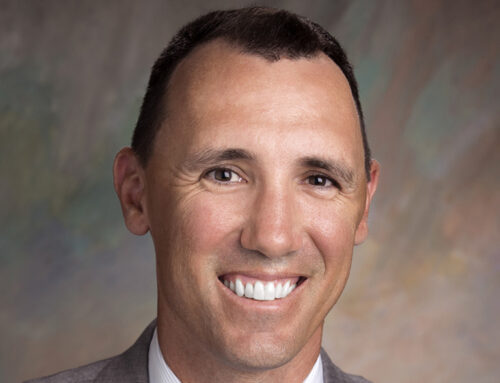2011-10-03
By Editorial Staff of FindLaw
SANTA BARBARA, CALIF. — Business borrowers are beginning to feel the ripple effects of the financial crisis as lenders tighten commercial lending in a cautionary attempt to stop further erosion of capital and assets, says lender liability expert A. Barry Cappello, managing partner with the Santa Barbara law firm of Cappello & Noel, LLP. He says the coming commercial credit crunch will be hard felt–especially by small businesses and borrowers in certain industries.
Cappello, author of Lender Liability (Juris Publishing) and nationally recognized as the pioneer in lender liability law, says the lending contraction in the commercial sector will be more severe than that which occurred in the late 1980s and early 1990s when the savings and loan meltdown and lender misconduct resulted in multi-million dollar jury verdicts and settlements for business borrowers.
“National lenders are writing off hundreds of millions, even billions of dollars in subprime and ARM loans,” explains Cappello.” They are bloodied by their ill-conceived collateralized debt obligation forays. They are now turning to their commercial portfolio to see where they can cut to stop new bleeding. Lenders are in write-down mode.”
Cappello says commercial borrowers should not feel relief on news that banks are swallowing up investment banks. “These banks are getting in over their head and the buyouts just mean less available funds for borrowers,” cautions Cappello.
Credit is already tight in the transportation, housing and manufacturing sectors, notes Cappello. “Even if your business is healthy, if you’re in one of these sectors, you can be sure your lender is reviewing your file and deciding whether it wants to continue the relationship. I’m getting calls to my office from business borrowers whose commercial lending relationship is souring,” he says.
Cappello advises business borrowers to turn to regional banks for their borrowing needs and avoid national lenders altogether. “Regional banks, for the most part, didn’t gamble with their home loans so financially they are in better shape. They aren’t jeopardizing their viability by buying financially troubled investment banks,” says Cappello. “On the other hand, national lenders are hunkering down. They are less likely to extend new credit. Their primary concern now is to wipe their losses from the books so they can show their shareholders a profit in the next year or two.”
Cappello represents business borrowers who feel their lenders have overstepped their legal authority. “When a bank decides it wants to stop lending to certain types of businesses that’s when lender liability usually occurs,” says Cappello. “Lenders are tempted to arbitrarily change loan terms with current customers, grab collateral and make unrealistic payment demands. There are laws that forbid them to do that.”
Besides reading the fine print of your loan agreement and getting every verbal promise in writing, Cappello suggests, “Avoid using personal guarantees to secure a business loan. If you must use a personal guarantee, require language in the loan documents that state the bank has to go against business collateral first. Some lenders also seek to collaterize intellectual property. I can’t think of any bank loan that would be worth the risk of losing your rights to the intellectual property that built your business.”
Cappello warns businesses to be cautious if their lender is bought out by another bank. “A lending relationship is a personal relationship,” notes Cappello. “If your loan officer is suddenly replaced by a new loan officer, you lose an important ally who knew your business and could stand up for you.”




